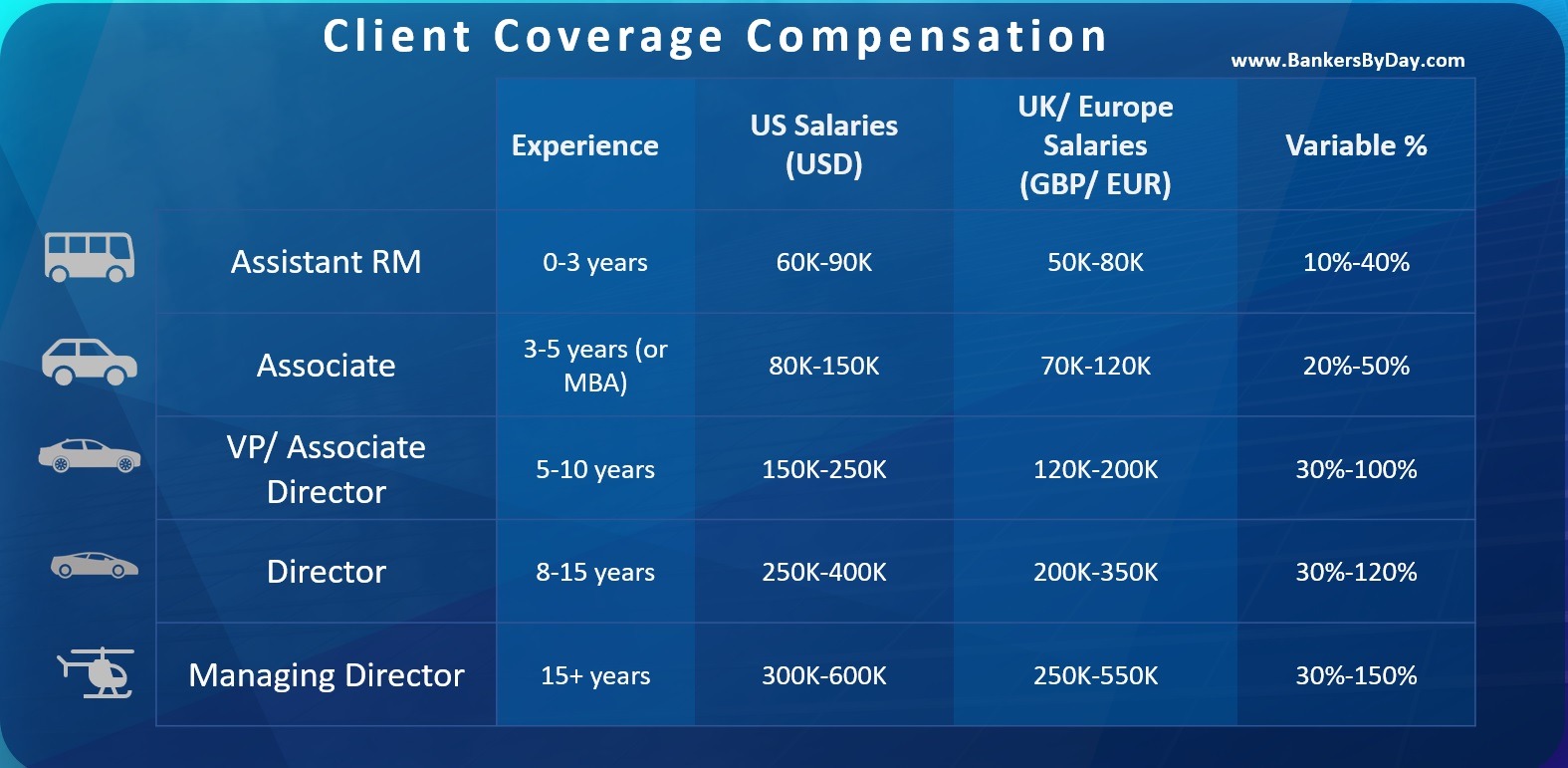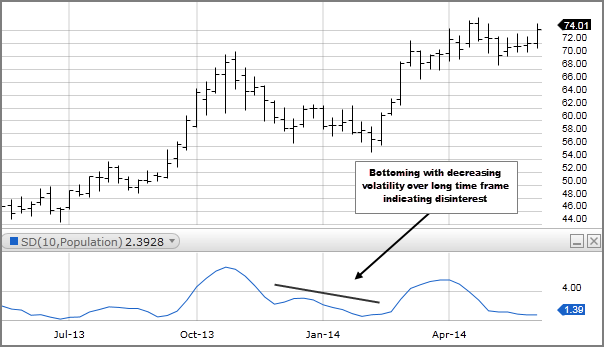Financial liberalisationthe elimination of capital controls and the likehas made all of this easier. So has the web, which enables money to be moved around the globe quickly, inexpensively and anonymously. For more on these controversial overseas centers, please see the complete article at http://www. economist.com/node/8695139. The function of worldwide banks, investment banks, and securities firms has developed in the past few decades. Let's take a look at the main function of each of these organizations and how it has actually changed, as many have combined to become worldwide financial powerhouses. Typically, worldwide banks extended their domestic function to the global arena by servicing the requirements of multinational corporations (MNC).
For instance, a company purchasing products from another nation may need short-term financing of the purchase; electronic funds transfers (also called wires); and foreign exchange deals. International banks offer all these services and more. In broad strokes, there are various types of banks, and they may be divided into numerous groups on the basis of their activities. Retail banks deal straight with customers and usually concentrate on mass-market products such as examining and cost savings accounts, mortgages and other loans, and charge card. By contrast, personal banks typically provide wealth-management services to families and individuals of high net worth. Company banks supply services to organizations and other organizations that are medium sized, whereas the customers of business banks are generally significant company entities.
Investment banks also focused mostly on the production and sale of securities (e. What is the difference between accounting and finance. g., debt and equity) to assist business, governments, and large organizations achieve their financing objectives. Retail, private, service, business, and financial investment banks have traditionally been different entities. All can run on the global level. In numerous cases, these different get out of a timeshare institutions have actually recently combined, or were acquired by another organization, to create global monetary powerhouses that now have all types of banks under one giant, global business umbrella. However the merger of all of these kinds of banking companies has actually created international financial challenges. In the United States, for instance, these 2 typesretail and investment bankswere disallowed from being under the very same corporate umbrella by the Glass-Steagall ActEnacted in 1932 during the Great Anxiety, the Glass-Steagall Act, formally called the Banking Reform Act of 1933, produced the Federal Deposit Insurance Coverage Corporations (FDIC) and carried out bank reforms, starting in 1932 and continuing through 1933.
Enacted in 1932 during the Great Depression, the Glass-Steagall Act, formally called the Banking Reform Act of 1933, created the Federal Deposit Insurance Corporations (FDIC) and carried out bank reforms, beginning in 1932 and continuing through 1933. These reforms are credited with providing stability and lowered risk in the banking market for years. Among other things, it restricted bank-holding business from owning other financial companies. This served to make sure that investment banks and banks would stay separateuntil 1999, when Glass-Steagall was reversed. Some analysts have actually slammed the repeal of Glass-Steagall as one cause of the 20078 financial crisis. Since of the size, scope, and reach of US monetary firms, this historical referral point is essential in comprehending the impact of US companies on international organizations.
Worldwide services were also part of this pattern, as they looked for the biggest and strongest monetary players in multiple markets to service their international monetary requirements. If a company has operations in twenty nations, it prefers two or three large, worldwide banking relationships for a more affordable and lower-risk approach. For instance, one big bank can provide services more inexpensively and much better handle the business's currency direct exposure across numerous markets. One large financial company can use more advanced risk-management choices and items. The challenge has actually ended up being that in some cases, the celebration on the opposite side of the transaction from the international firm has ended up being the worldwide financial powerhouse itself, developing a conflict of interest that many feel would not exist if Glass-Steagall had actually not been reversed.


On the other hand, worldwide organizations have actually benefited from the expanded services and abilities of the worldwide monetary powerhouses. For instance, US-based Citigroup is the world's biggest monetary services network, with 16,000 workplaces in 160 nations and jurisdictions, holding 200 million client accounts. It's a financial powerhouse with operations in retail, private, business, and financial investment banking, along with property management. Citibank's worldwide reach make it an excellent banking partner for large international companies that wish to have the ability to handle the financial requirements of their workers and the business's operations worldwide. In fact this strength is a core part of its marketing message to international business and is even published on its website (http://www.
Not known Factual Statements About What Does Leverage Mean In Finance
htm): "Citi puts the world's largest financial network to work for you and your company." Contracting Out Day Trading to China American and Canadian trading firms are working with Chinese workers to "day trade" from China during the hours the American stock exchange is open. In essence, day trading or speculative trading occurs when a trader purchases and offers stock quickly throughout the day in the hopes of making fast revenues. The New york city Times reported that as lots of as 10,000 Chinese, mainly young guys, are busy working the graveyard shift in Chinese cities from 9:30 p. m. to 4 a. m., which are the hours that the New York Stock Exchange is open in New york city.
First, American and Canadian firms are aiming to gain access to rich Chinese clients who are technically not enabled to use Chinese currency to purchase and sell shares on a foreign stock exchange. However, there are no restrictions for trading stocks in accounts owned by a foreign entity, which in this case generally comes from the trading companies. How old of an rv can you finance. Chinese traders likewise make money less than their American and Canadian counterparts. There are ethical concerns over this plan since it isn't clear whether the usage of traders in China breaks American and Canadian securities laws. In a New York Times post prices estimate Thomas J.
regulators. Are these Chinese traders essentially acting as brokers? If they are, they would require to be registered in the U.S." While the regulatory problems might not be clear, the trading firms are succeeding and growing: "lots of Chinese day traders see this as an opportunity to rapidly gain brand-new riches." Some American and Canadian trading companies see the chance to get "earnings from trading operations in China through a combination of low-cost overhead, refunds and other monetary Go to this website rewards from the major stock market, and bottled-up need for wider financial investment options amongst China's elite." Capital markets provide an efficient system for individuals, companies, and federal governments with more funds than they require to transfer those funds to individuals, business, or governments who have a shortage of funds.